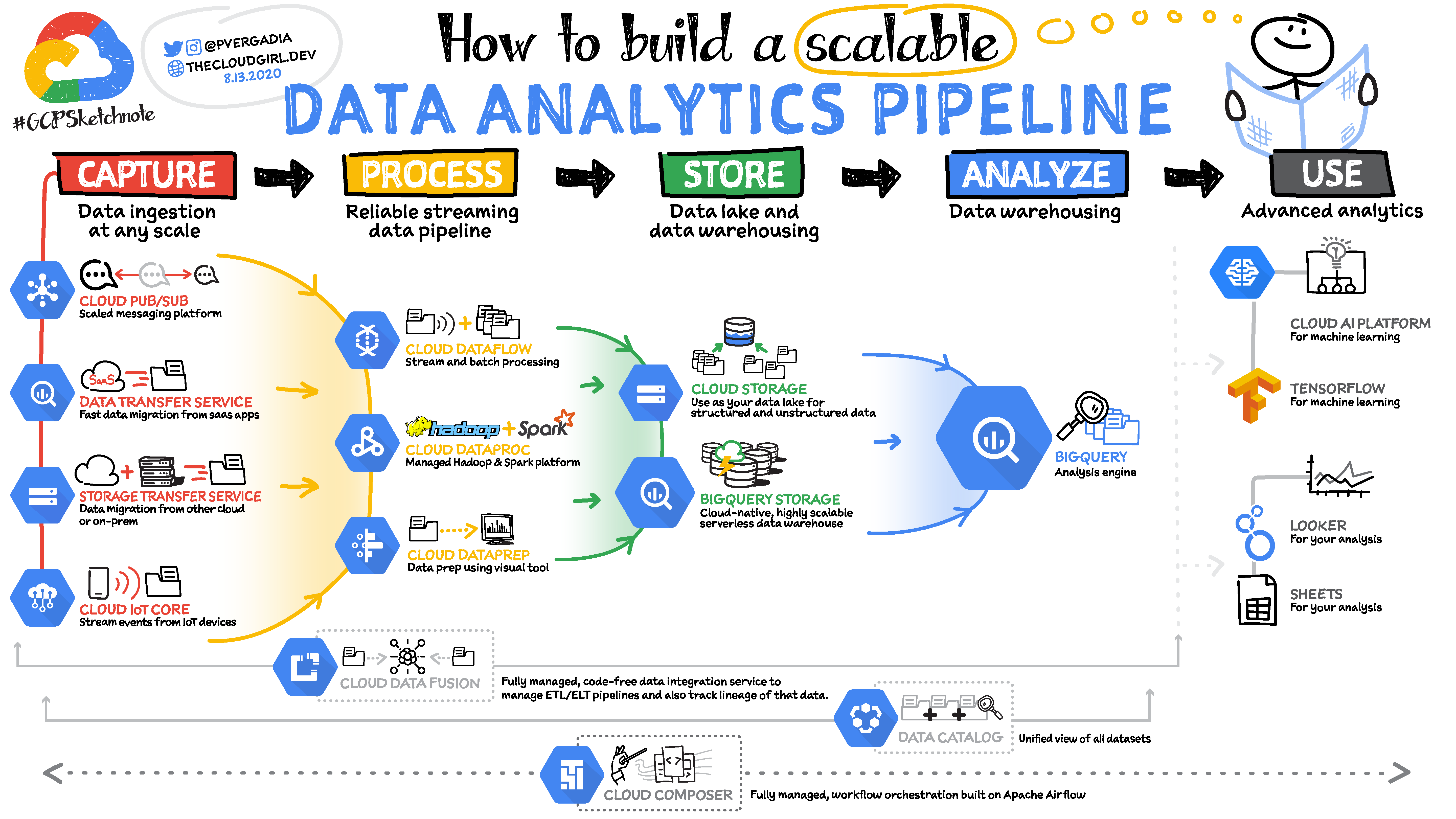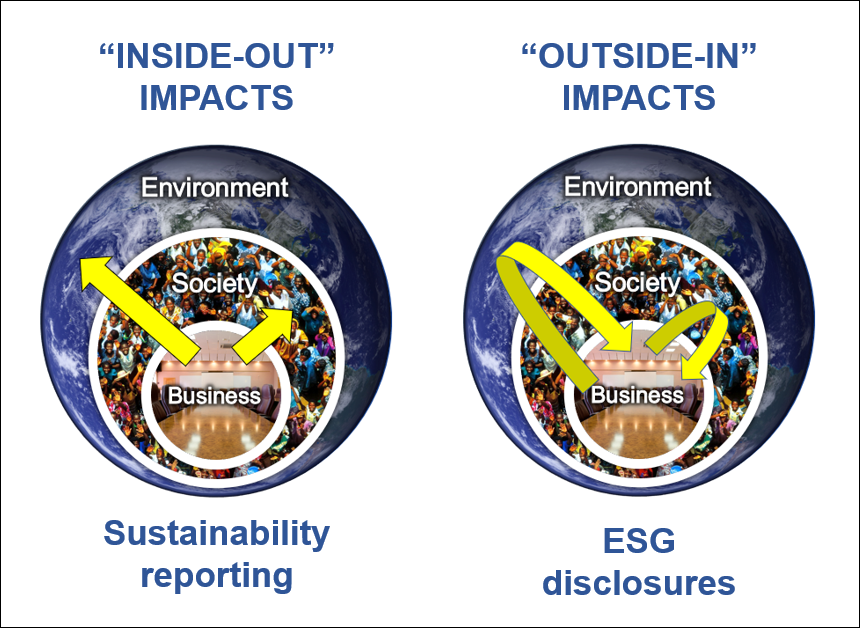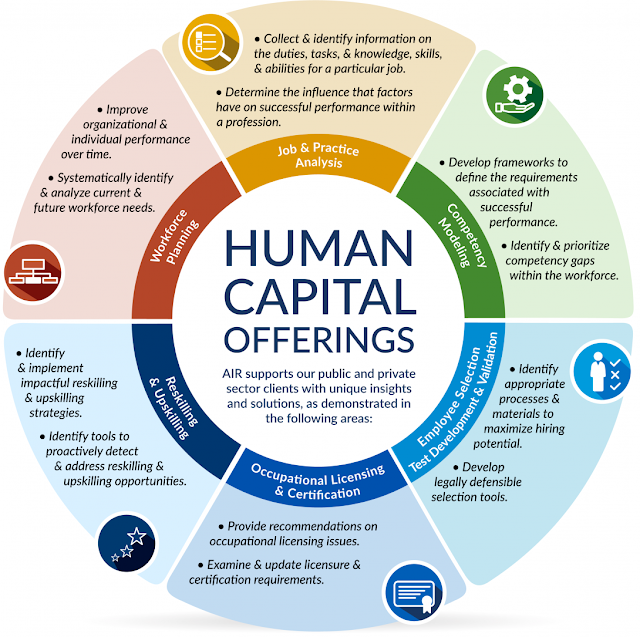Emerging Trends in Strategic Consulting: How Businesses in India can Adapt and Thrive
- February 22, 2024
- Posted by: bhushanpungliya
- Categories:

The Indian business landscape is undergoing a dynamic transformation, driven by factors like technological advancements, changing consumer preferences, and a rise in global competition. To navigate these complexities, businesses are increasingly seeking the expertise of strategic consultants. But what are the emerging trends in this space, and how can businesses in India leverage them to stay ahead of the curve?
1. Artificial Intelligence (AI) and Data Analytics:
AI and data analytics are revolutionizing the way businesses operate, and strategic consultants are at the forefront of this shift. By leveraging cutting-edge tools and techniques, consultants can help businesses:
- Gain deeper insights: Analyze vast amounts of data to identify patterns, trends, and opportunities for growth.
- Make data-driven decisions: Optimize operations, allocate resources effectively, and predict future outcomes.
- Personalize customer experiences: Develop targeted marketing campaigns and deliver personalized products and services.

Understanding the Data Pipeline
Define Objectives and Requirements:
- Identify Goals: Determine the business objectives—what insights are needed?
- Data Sources: Understand the types, formats, and frequencies of incoming data.
- Scalability Requirements: Anticipate future growth in data volume and processing needs.
Data Collection and Ingestion:
- Data Collection: Gather data from diverse sources like databases, APIs, IoT devices, etc.
- Ingestion Process: Choose tools like Apache Kafka, AWS Kinesis, or custom scripts for data ingestion.
- Data Validation: Ensure data quality and consistency before processing.
Data Storage:
- Choose Suitable Storage: Options include Data Warehouses (like Snowflake, Amazon Redshift), Data Lakes (AWS S3, Azure Data Lake Storage), or NoSQL databases (MongoDB, Cassandra).
- Data Partitioning: Implement strategies for efficient data partitioning to enhance retrieval speed.
Data Processing:
- Batch Processing: Use tools like Apache Spark, Hadoop, or AWS EMR for processing large datasets in scheduled batches.
- Real-time Processing: Implement streaming frameworks (Apache Flink, Kafka Streams) for continuous processing and analysis of incoming data.
Data Transformation and Analysis:
- Data Transformation: Clean, normalize, and transform raw data into usable formats using tools like Apache Beam or custom scripts.
- Data Analysis: Perform analytics using SQL queries, machine learning algorithms, or statistical models.
Data Visualization and Reporting:
- Visualization Tools: Use tools like Tableau, Power BI, or custom dashboards to create visual representations of insights.
- Automated Reporting: Set up automated reporting systems for regular updates and insights delivery.
Monitoring and Optimization:
- Monitoring Systems: Implement monitoring tools (Prometheus, Grafana) to track pipeline performance, data quality, and bottlenecks.
- Optimization: Continuously optimize the pipeline for better performance and scalability based on monitoring insights.
Key Considerations for Scalability:
- Distributed Computing: Utilize distributed computing frameworks to handle larger workloads across multiple nodes.
- Parallel Processing: Implement parallelism to process data in parallel, reducing processing time.
- Elasticity: Use cloud services with autoscaling capabilities to adjust resources based on demand.
- Modularity: Design the pipeline in modular components for easier scalability and maintenance.
Best Practices
Data Security: Implement robust security measures to protect sensitive data throughout the pipeline.
Documentation: Maintain comprehensive documentation to facilitate easy understanding and troubleshooting.
Testing: Regularly test the pipeline for performance, accuracy, and scalability.
Impact on Indian businesses:
- Businesses that embrace AI and data analytics will gain a competitive edge in the market.
- Consultants can help Indian businesses build robust data infrastructure and develop a data-driven culture.
- This will require investments in technology and talent, but the long-term benefits can be significant.
2. Digital Transformation:

In today’s digital age, businesses need to adopt new technologies and processes to remain competitive. Strategic consultants are guiding businesses through this digital transformation journey by:
- Developing digital strategies: Defining a clear roadmap for leveraging technology to achieve business goals.
- Implementing digital solutions: Helping businesses adopt new technologies like cloud computing, automation, and the Internet of Things (IoT).
- Managing change effectively: Addressing organizational resistance and ensuring a smooth transition to a digital future.
Understanding Data Transformation:
-
- Data Variety: Businesses deal with diverse data types – structured, semi-structured, unstructured. Transformation helps in unifying and preparing this data for analysis.
- Cleaning and Preprocessing: It involves removing errors, handling missing values, and standardizing formats. This ensures data accuracy before analysis.
Importance in Business:
- Enhanced Decision Making: Transformed data offers clear insights, aiding informed decision-making processes across departments like marketing, finance, and operations.
- Improved Efficiency: By automating data transformation processes, businesses save time and resources, enabling faster responses to market changes.
Methods of Transformation:
- Normalization and Standardization: Adjusting data to a common scale or format allows fair comparisons and accurate analysis.
- Aggregation: Summarizing data helps in understanding trends and patterns, crucial for strategic planning.
Tools and Technologies:
- ETL (Extract, Transform, Load) Tools: Platforms like Apache Spark, Talend, or Informatica streamline the transformation process.
- Machine Learning and AI: Algorithms assist in automating complex transformations, identifying patterns, and predicting future trends.
Challenges and Considerations:
- Data Security and Privacy: Transformation should maintain data integrity and confidentiality, adhering to regulatory requirements like GDPR or CCPA.
- Scalability and Flexibility: As businesses grow, the transformation process must scale accordingly and adapt to evolving data needs.
Future Trends:
- Real-time Transformation: Instant data processing for immediate decision-making will become more prevalent.
- AI-Driven Transformation: Machine learning algorithms will increasingly automate and optimize data transformation processes.
Impact on Indian businesses:
- Businesses that embrace digital transformation will be better positioned to compete in the global market.
- Consultants can help Indian businesses identify and prioritize digital initiatives that align with their overall strategy.
- Successful digital transformation requires a commitment to change from leadership and all levels of the organization.
3. Sustainability and Environmental, Social, and Governance (ESG) Issues:

There is a growing awareness of the need for businesses to operate sustainably and ethically. Strategic consultants are helping businesses integrate ESG considerations into their strategy and operations:
- Developing sustainable business models: Identifying ways to reduce environmental impact, promote social responsibility, and improve governance practices.
- Meeting regulatory compliance: Addressing evolving ESG regulations and reporting requirements.
- Managing stakeholder expectations: Engaging with stakeholders and communicating ESG commitments effectively.
Sustainability as a Business Imperative:
Businesses now recognize that sustainability isn’t just a moral obligation but a strategic imperative. It involves meeting present needs without compromising the ability of future generations to meet their own needs.
Adopting sustainable practices reduces environmental impact, optimizes resource use, and enhances long-term business viability.
- ESG Integration for Holistic Decision-Making: Environmental, Social, and Governance factors are key metrics used to evaluate a company’s operations and impact.
- Environmental: Companies assess their carbon footprint, energy efficiency, waste management, and resource consumption to minimize environmental harm.
- Social: This aspect focuses on how a company treats its employees, engages with communities, ensures diversity and inclusion, and contributes positively to society.
- Governance: Governance addresses internal processes, including board diversity, executive compensation, risk management, and transparent business practices.
Financial Benefits of ESG Integration:
- Embracing ESG principles can lead to improved financial performance. Studies have shown that companies with strong ESG practices often outperform their peers.
- Investors are increasingly considering ESG factors in their investment decisions. Companies with robust ESG practices can attract a broader pool of investors and potentially lower their cost of capital.
Risk Mitigation and Reputation Management:
- Addressing ESG issues helps mitigate risks associated with regulatory non-compliance, reputational damage, and operational disruptions.
- A strong commitment to sustainability and ESG can enhance brand reputation and customer loyalty, resulting in increased competitiveness and market share.
Regulatory Compliance and Stakeholder Expectations:
- Governments are implementing stricter regulations concerning environmental protection, social responsibility, and corporate governance. Compliance is essential to avoid legal repercussions.
- Stakeholders, including customers, employees, investors, and communities, are increasingly expecting businesses to demonstrate ethical and sustainable practices. Meeting these expectations is vital for maintaining trust and loyalty.
Innovation and Competitive Advantage:
- Pursuing sustainability often drives innovation. Companies seeking to reduce their environmental impact often develop innovative technologies, products, and services that give them a competitive edge in the market.
- By aligning with consumer preferences for sustainable products and services, businesses can capture new market segments and strengthen customer loyalty.
Impact on Indian businesses:
- Consumers are increasingly demanding sustainable products and services, making ESG considerations essential for business success.
- Consultants can help Indian businesses develop a sustainable competitive advantage by integrating ESG into their core strategy.
- Aligning with ESG principles can attract investors and improve brand reputation.
4. Agile and Adaptive Organizations:

In a rapidly changing business environment, organizations need to be agile and adaptable to survive. Strategic consultants are helping businesses:
- Develop agile methodologies: Implement flexible structures and processes that allow for rapid decision-making and response to change.
- Empower employees: Create a culture of innovation and experimentation where employees are encouraged to take risks and learn from failures.
- Build resilience: Develop the ability to anticipate and respond to disruptions and challenges effectively.
Agile and Adaptive Organizations have become crucial in today’s dynamic business landscape. Here are some key points highlighting their significance:
- Flexibility and Responsiveness: Agile organizations excel in their ability to swiftly respond to changes in the market, technology, or customer needs. They embrace a mindset that values adaptability over rigid structures, allowing them to pivot strategies, products, or services quickly. This flexibility enables them to stay ahead in an ever-evolving environment, making them more resilient to disruptions.
- Collaborative and Empowered Teams: These organizations foster a culture of collaboration and empowerment. Teams are encouraged to make decisions, take ownership, and collaborate across departments, enabling faster problem-solving and innovation. By empowering employees at all levels, these organizations tap into diverse perspectives, fostering creativity and agility in decision-making.
- Iterative and Continuous Improvement: Agile methodologies emphasize iterative development and continuous improvement. Rather than waiting for a perfect product or solution, they focus on delivering incremental value while constantly gathering feedback. This iterative approach allows for quicker iterations, minimizing risks associated with large-scale launches and ensuring that products or services meet evolving customer needs.
- Customer-Centric Approach: Adaptive organizations prioritize understanding and fulfilling customer needs. They constantly gather feedback, analyze market trends, and adapt their strategies to ensure they are meeting customer expectations. By placing the customer at the center of their operations, these organizations remain competitive and relevant in a rapidly changing market.
- These traits collectively contribute to the success of Agile and Adaptive Organizations, allowing them to thrive in uncertain and volatile business environments. Embracing these principles is not just a methodology but a mindset that drives continuous learning, adaptation, and innovation.
Impact on Indian businesses:
- Indian businesses need to become more agile and adaptable to compete in the global market.
- Consultants can help Indian businesses build a culture of agility and develop the necessary skills and capabilities.
- This will require significant changes in organizational structure, leadership styles, and employee mindsets.
5. Focus on Human Capital:

In the knowledge economy, the most valuable asset for any business is its human capital. Strategic consultants are helping businesses:
- Develop a strong employer brand: Attract and retain top talent by creating a positive work environment and offering competitive compensation and benefits.
- Invest in employee development: Provide training and development programs to help employees grow their skills and careers.
- Foster a culture of collaboration and innovation: Encourage employees to share ideas and work together to achieve common goals.
Focusing on human capital in business involves recognizing and nurturing the skills, knowledge, and potential of your workforce to drive growth and success. Here are some key points:
- Investment in Continuous Learning and Development: Encourage ongoing education and skill enhancement programs for employees. Offer training sessions, workshops, and access to resources that enable them to stay updated with industry trends and technological advancements. By investing in their growth, you not only enhance their capabilities but also improve overall organizational agility and innovation. This investment demonstrates your commitment to their professional development, boosting employee morale and loyalty.
- Creating a Supportive and Inclusive Work Culture: Fostering an environment where individuals feel valued, respected, and included is crucial. Encourage open communication, diversity, and collaboration among teams. Recognize and celebrate achievements, providing constructive feedback to motivate employees. A supportive culture promotes employee engagement, creativity, and a sense of belonging, which significantly impacts productivity and retention rates.
- Emphasizing Employee Well-being: Prioritize the well-being of your employees by offering wellness programs, flexible work arrangements, and a healthy work-life balance. Recognize the importance of mental health by providing resources for stress management and creating a culture that values mental and emotional wellness. When employees feel supported and cared for, they are more likely to be productive, engaged, and loyal to the organization.
- Utilizing Talent Strategically: Understand the unique strengths and talents of each employee and assign roles that align with their skills and interests. By strategically placing individuals in positions where they can excel, you maximize their potential contribution to the organization. Additionally, consider promoting from within to retain institutional knowledge and demonstrate opportunities for growth, which motivates employees to strive for advancement.
Impact on Indian businesses:
- Indian businesses need to invest in their human capital to attract and retain the best talent.
- Consultants can help Indian businesses develop effective human capital strategies to create a sustainable competitive advantage.
- This requires a shift from a traditional hierarchical structure to a more collaborative and employee-centric approach.
Conclusion:
These emerging trends in strategic consulting are shaping the future of business. Indian companies that embrace these trends and adapt their strategies accordingly will be well-positioned for success in the global marketplace. By partnering with strategic consulting firms, Indian businesses can gain the insights, expertise, and tools needed to navigate an increasingly complex and dynamic business environment.
It is important to note that these emerging trends are not without their challenges. Businesses must carefully consider the potential risks and complexities before adopting any new strategy. However, by taking a proactive approach and working with experienced consultants, Indian businesses can overcome these challenges and reap the benefits of these trends.
